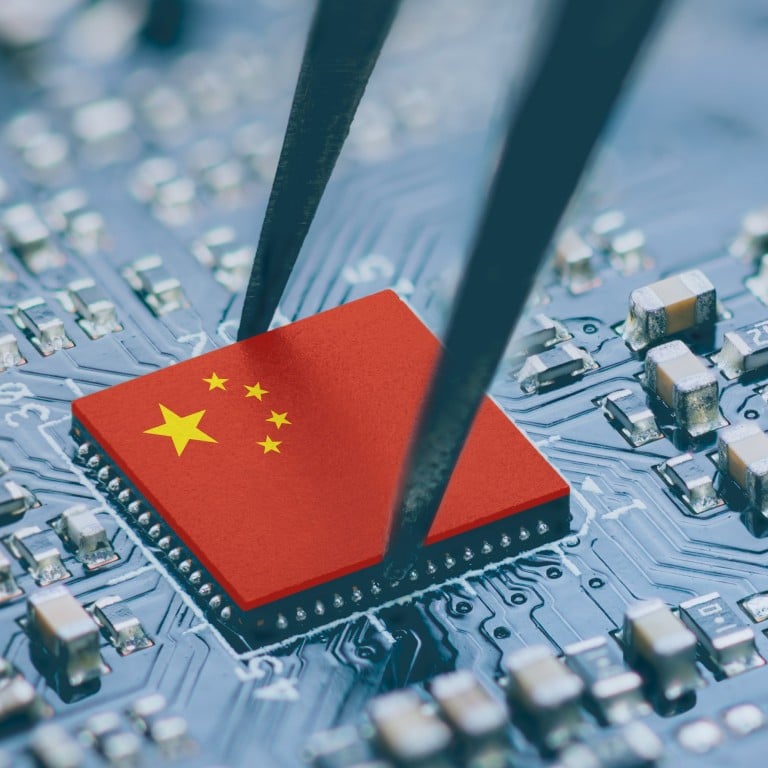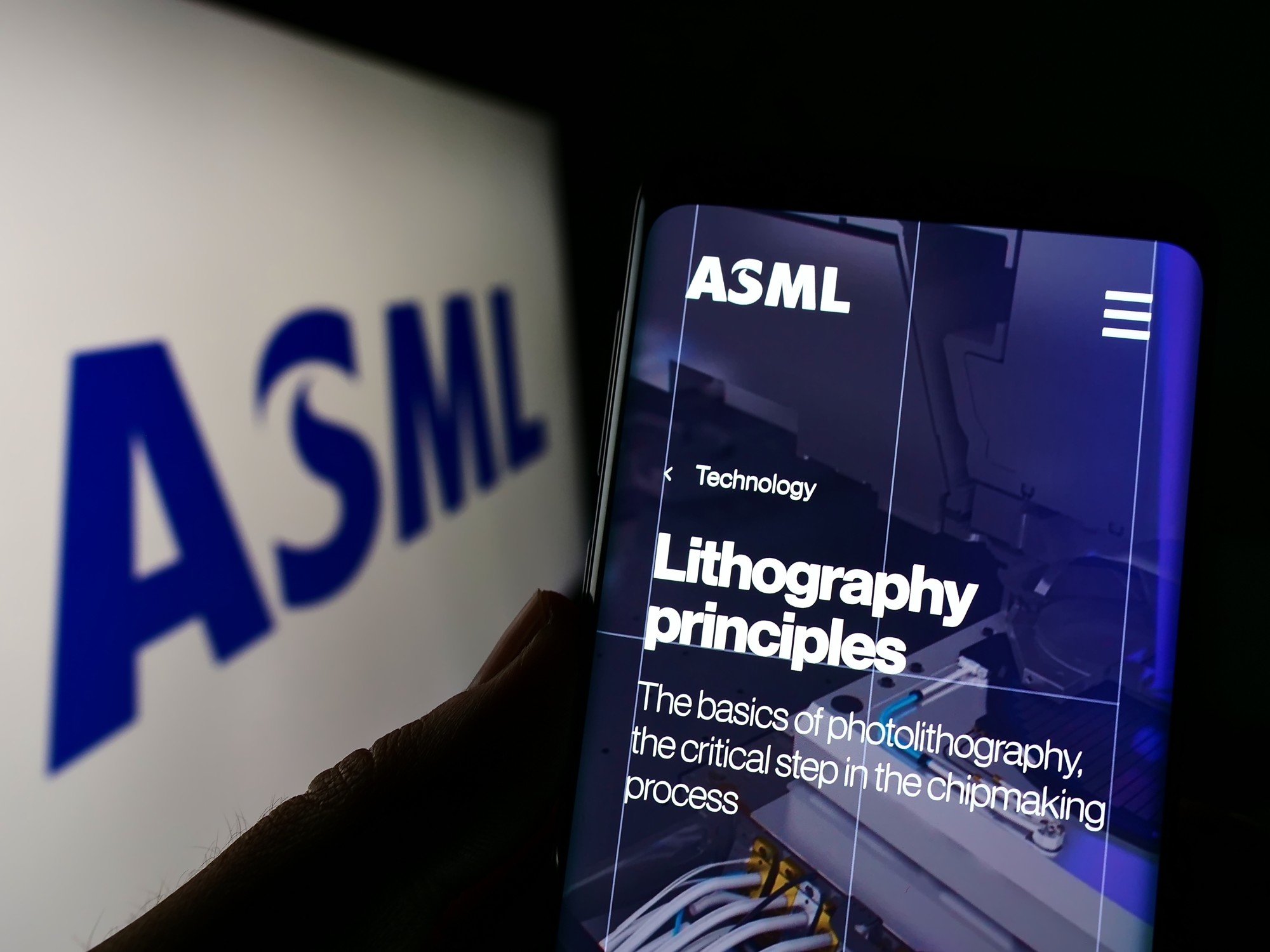
Tech war: China faces more US pressure on semiconductor front in 2023 amid tightened export controls backed by Japan, Netherlands
- The US is expected to take advantage of security concerns to convince its allies to impose further semiconductor export controls against China
- It is widely speculated that certain advanced wafer fabrication equipment from Dutch firm ASML would be off limits to China
Those reflect some of the top 10 external risks for China in 2023 in a recent report by the Centre for International Security and Strategy (CISS), a research institution at Beijing’s prestigious Tsinghua University, which warned of continued pressure from Washington.

ASML dominates the global market for chip manufacturing equipment on the back of its nearly 90 per cent share in the supply of highly advanced extreme ultraviolet machines, which it already ceased exporting to China from 2019.
The US-led effort to further restrict chip-making equipment sales will also cloud the prospects of Japanese DUV systems suppliers to China, such as Nikon and Canon. Tokyo Electron, meanwhile, competes in other segments of the chip-making equipment market, such as advanced etching and coating tools.
“The crackdown on semiconductors has hit the technological weakness of China,” analysts at Beijing-based consultancy Anbound said in a report. “The noose around the neck of China’s semiconductor industry will be even tighter, following the agreement between those three countries.”
US-Japan-Netherlands chip export control pact sparks debate over impact on China
The result could mark a big setback for chip development on the mainland. “The manufacturing process nodes in China’s semiconductor industry could retreat from 14-nm to 45-nm,” said Mo Dakang, a consultant at Anbound. He added that there is now much uncertainty amid the constantly shifting interests of the countries involved in this industry.
ASML, however, said in a statement on January 28 that it would take some time for the governments involved to finalise legislation about the tightened export controls and to execute such legislation.
“While these rules are being finalised, ASML will continue to engage with the authorities to discuss the potential impact of any proposed regulation in order to ensure the impact on the global semiconductor supply chain is properly assessed,” the company said. “Meanwhile, ASML’s business activities globally will continue.”
But there are other relevant matters to consider, according to Arisa Liu, a senior semiconductor research fellow at the Taiwan Institute of Economic Research.
How US-Japan-Netherlands pact on chip tech exports may play out in China
“Sales of semiconductor equipment by Japan and the Netherlands to China are not insignificant,” Liu said. “How the US will compensate the affected companies will be key to whether this agreement could be implemented and would last.”
While Chinese semiconductor companies have tried to diversify their supply chain through increased engagement with mainland, Japanese and European suppliers, that strategy has fallen short as Washington aggressively moved to curb access to advanced chip technologies.
The unilateral export control rules published by the US last October put a cap on China’s logic chip-making process at 14-nm, DRAM at 18-nm and 3D NAND chips at 128 layers.
China asks Netherlands to safeguard supply chain as US curbs chip tech
Beijing has found few options to fight back against US tech restrictions.
That means China can only respond “with subsidies and support [for local industries], not retaliation”, Wang said.
Biden administration imposes China chip curbs on Macau


